Biosafety farming is an effective measure to prevent and control diseases for livestock. |
Mr. Ngo Duc Viet (in Vai hamlet, Cao Ngan commune, Thai Nguyen city) said: Having invested in raising chickens on a farm scale for more than 10 years, I realize that disease prevention and control is very important. There was a year when thousands of my family's chickens died due to bird flu because of subjectivity.
With the motto of prevention is better than cure, not only livestock farms but also provincial authorities and departments have taken drastic measures to prevent the disease from spreading among livestock.
Mr. Le Dac Vinh, Head of the Provincial Department of Animal Husbandry, Veterinary and Fisheries, said: Currently, it is the time of changing seasons. In Thai Nguyen, although there have been no outbreaks, the risk of dangerous diseases (such as avian influenza, African swine fever, foot and mouth disease, lumpy skin disease, rabies...) in livestock is very high. Especially when the total livestock herd and livestock density in the province are high; the need to increase and restore herds is increasing (especially pigs).
Meanwhile, small-scale livestock farming still accounts for a large proportion, while biosecurity, hygiene, and disease prevention measures are limited. Along with that, pathogens circulate at a high rate and wide range while active immunity to dangerous infectious diseases is low; proactive monitoring and disease detection at the grassroots level still has limitations, many places do not grasp the situation in a timely manner, and are slow to report the epidemic.
Faced with many potential risks, to protect 95 thousand cattle, 620 thousand pigs and about 17.5 million poultry, Thai Nguyen has been increasing many measures to prevent and control epidemics. One of the most drastic solutions is that all levels and functional sectors must not be negligent or subjective, but must focus on seriously implementing measures to prevent and control animal diseases according to the provisions of law.
District authorities need to mobilize resources to completely handle outbreaks (if any), not allowing new outbreaks to arise; proactively implement measures and policies to support livestock farmers affected by epidemics in accordance with regulations; promptly detect, prevent and resolutely handle cases of buying, selling, transporting diseased animals, dumping dead animals to spread disease, pollute the environment...
Not only is the epidemic outbreak and violators dealt with resolutely, vaccination against dangerous infectious diseases for livestock and poultry has also been stepped up. The province is actively implementing the first phase of mass vaccination for livestock, striving to complete it by the end of April for avian influenza, foot-and-mouth disease, swine fever, erysipelas, swine fever, blue ear disease, rabies, lumpy skin disease in cattle and other dangerous infectious diseases, ensuring that at least 80% of the total livestock are vaccinated.
At the same time, allocate funds and human resources to promptly and effectively implement plans and measures to prevent and control animal diseases; focus resources on organizing the construction of disease-safe livestock facilities and areas.
In addition, it is necessary to promote extensive information and propaganda in many forms and contents suitable for each target group, raising people's awareness and responsibility about the risk of disease outbreaks and measures to prevent and control diseases...
In addition to the efforts of all levels and functional sectors, people need to apply disease prevention and hygiene measures according to the instructions of specialized agencies to effectively prevent epidemics for livestock...
Source: https://baothainguyen.vn/thoi-su-thai-nguyen/202504/kien-quyet-khong-de-dich-benh-lay-lan-46d0d0f/


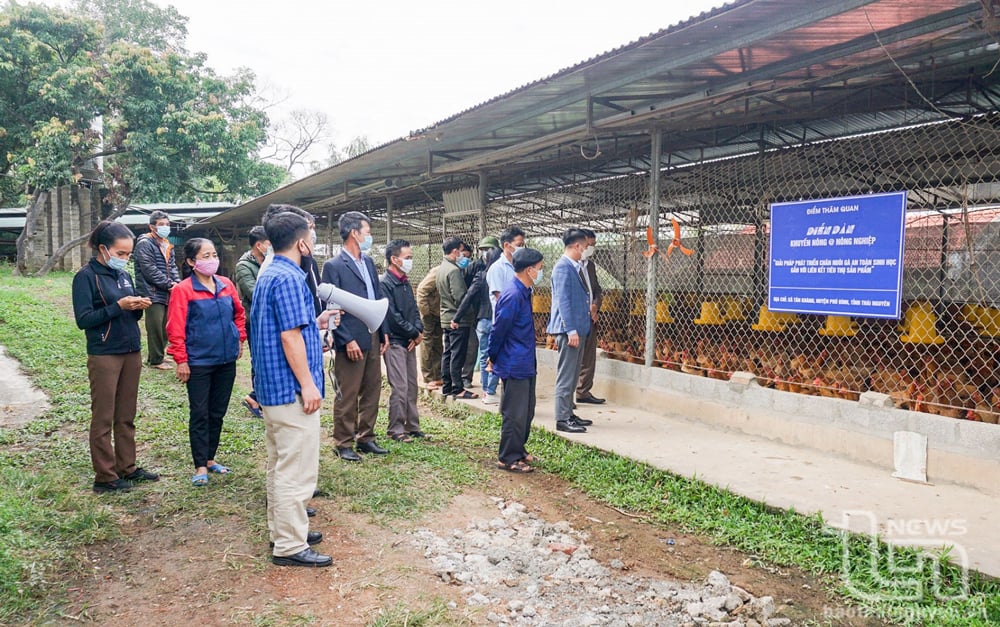

![[Photo] General Secretary attends the parade to celebrate the 80th anniversary of the victory over fascism in Kazakhstan](https://vphoto.vietnam.vn/thumb/1200x675/vietnam/resource/IMAGE/2025/5/7/dff91c3c47f74a2da459e316831988ad)

![[Photo] Prime Minister Pham Minh Chinh receives delegation from the US-China Economic and Security Review Commission of the US Congress](https://vphoto.vietnam.vn/thumb/1200x675/vietnam/resource/IMAGE/2025/5/7/ff6eff0ccbbd4b1796724cb05110feb0)


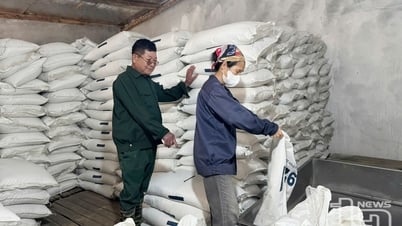

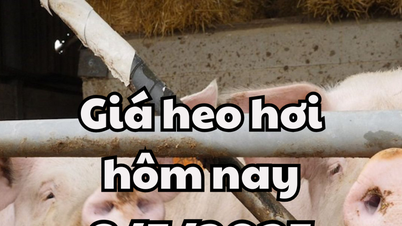








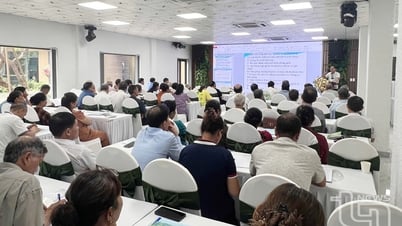

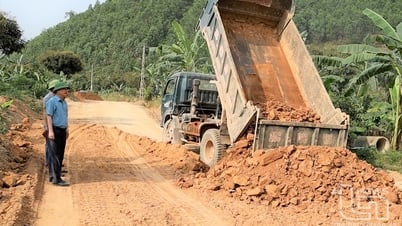
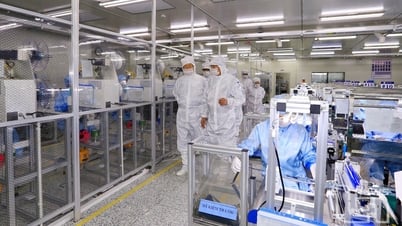





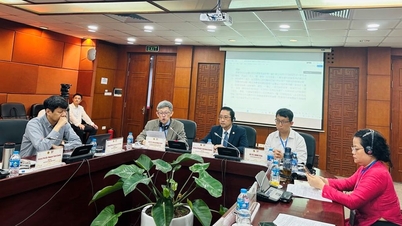






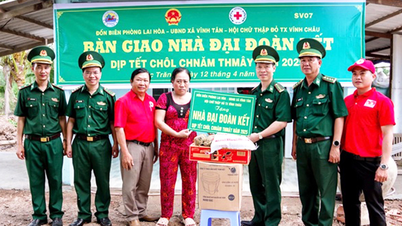








































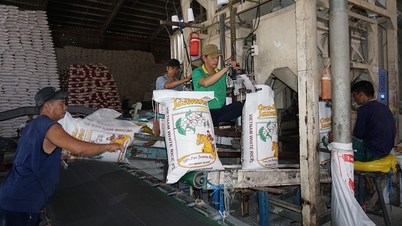


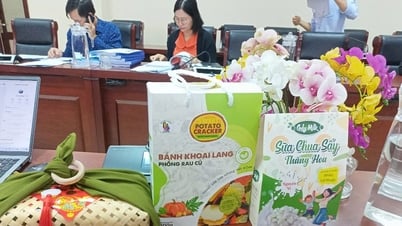





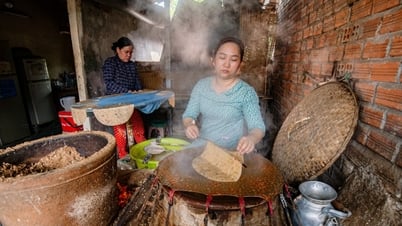



Comment (0)